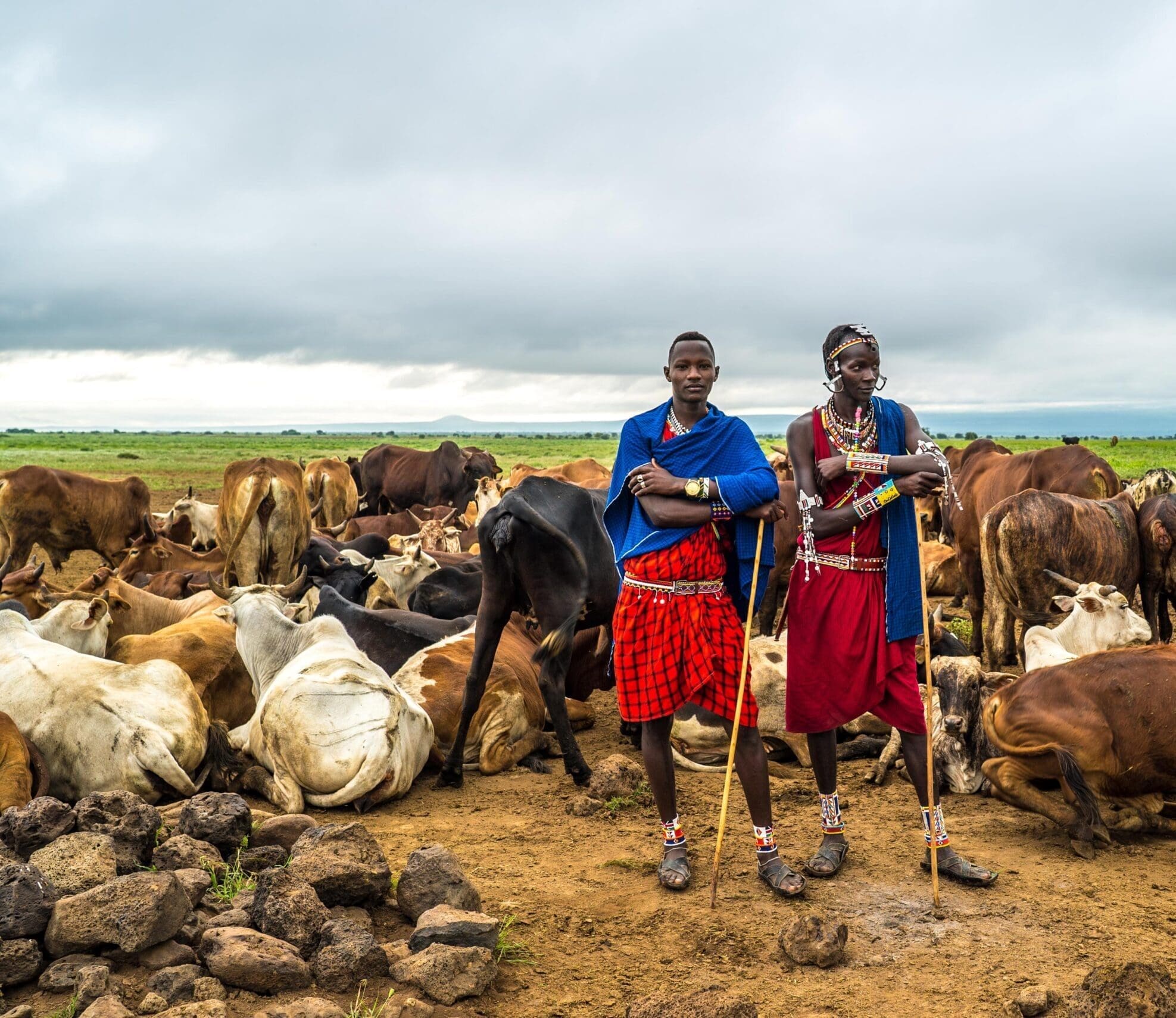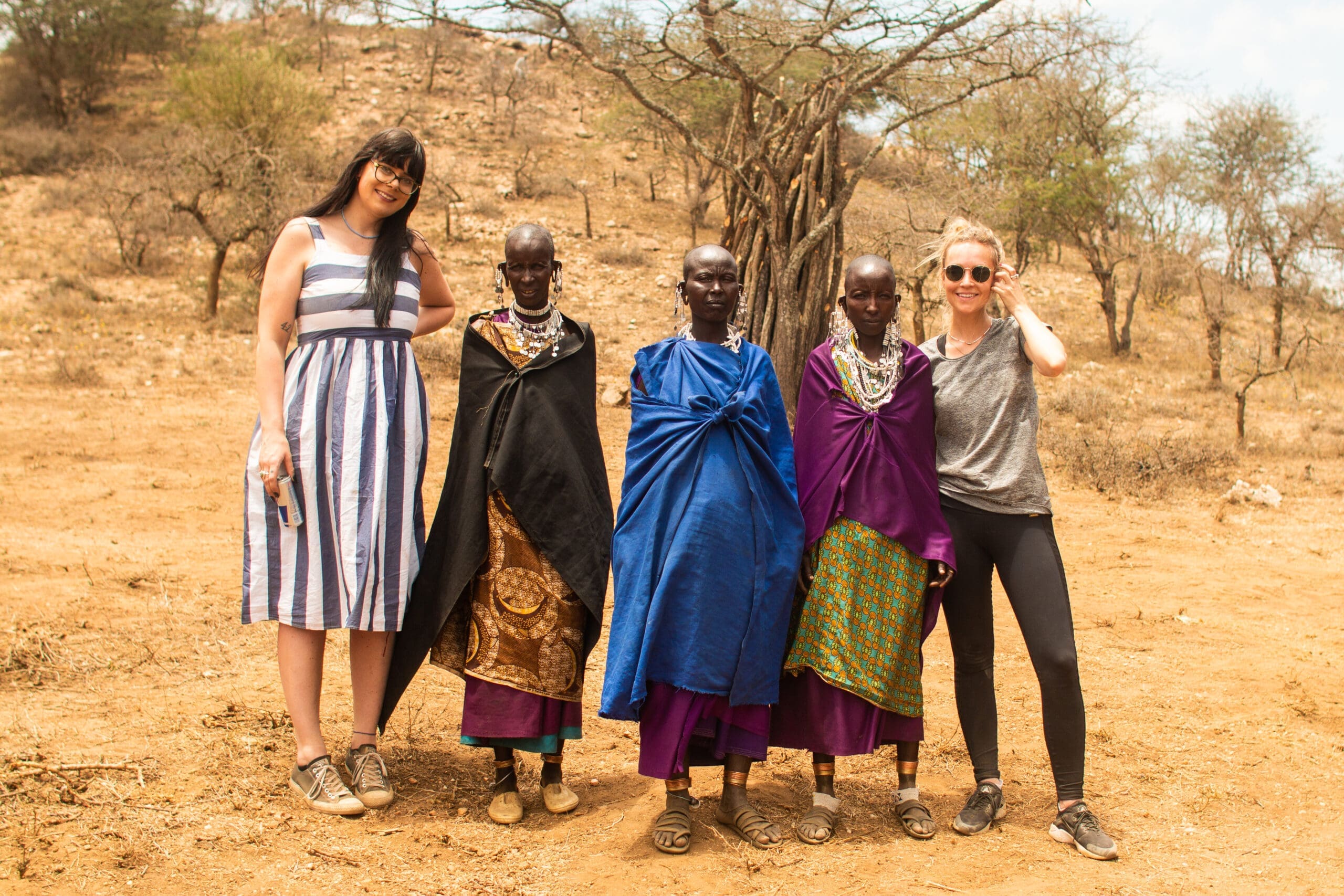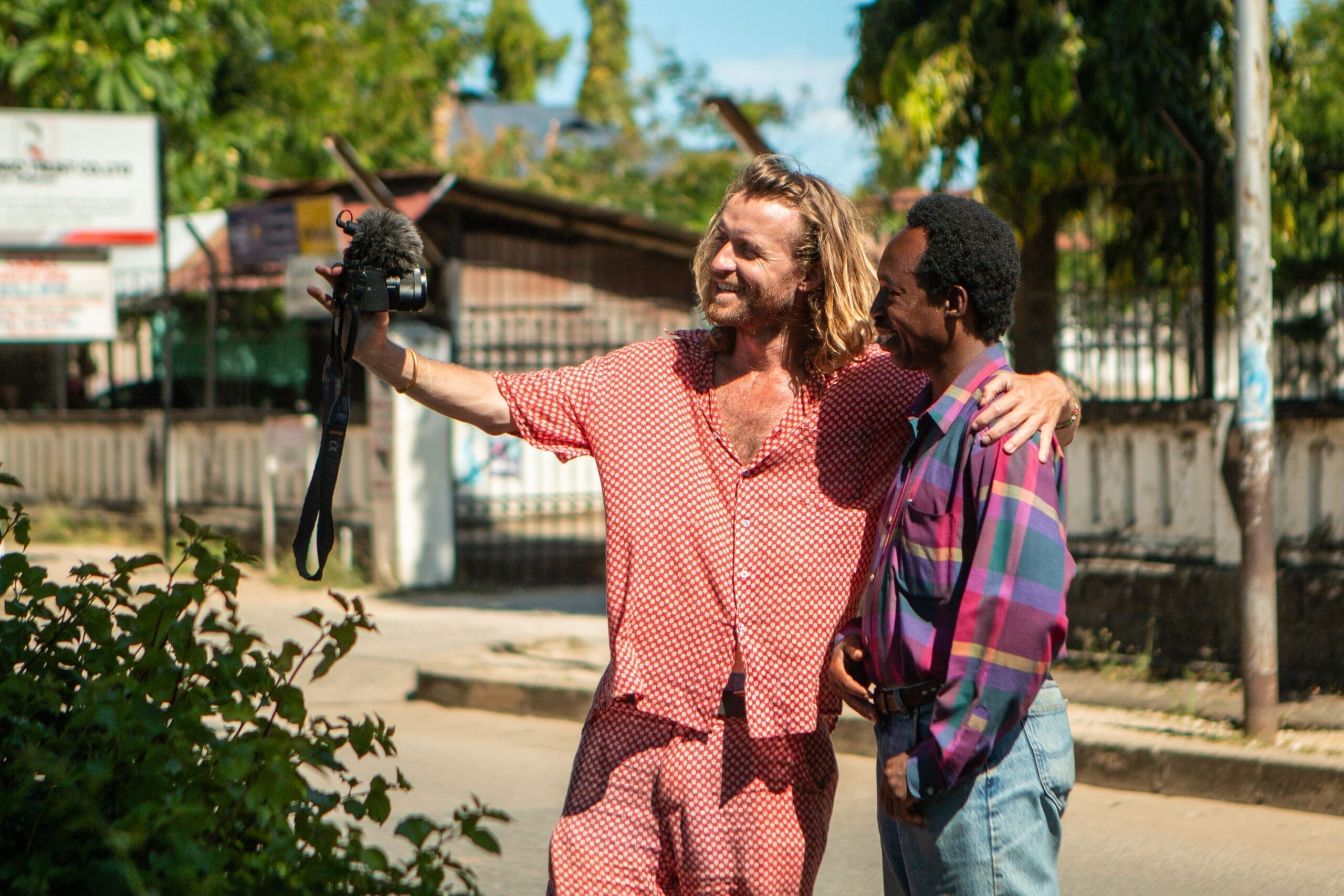Old Colonial Port Town, Tanga
Start your road trip along the Tanzanian Swahili coast in the old colonial port town of Tanga. Brimming with culture and history, there’s plenty to explore and experience.
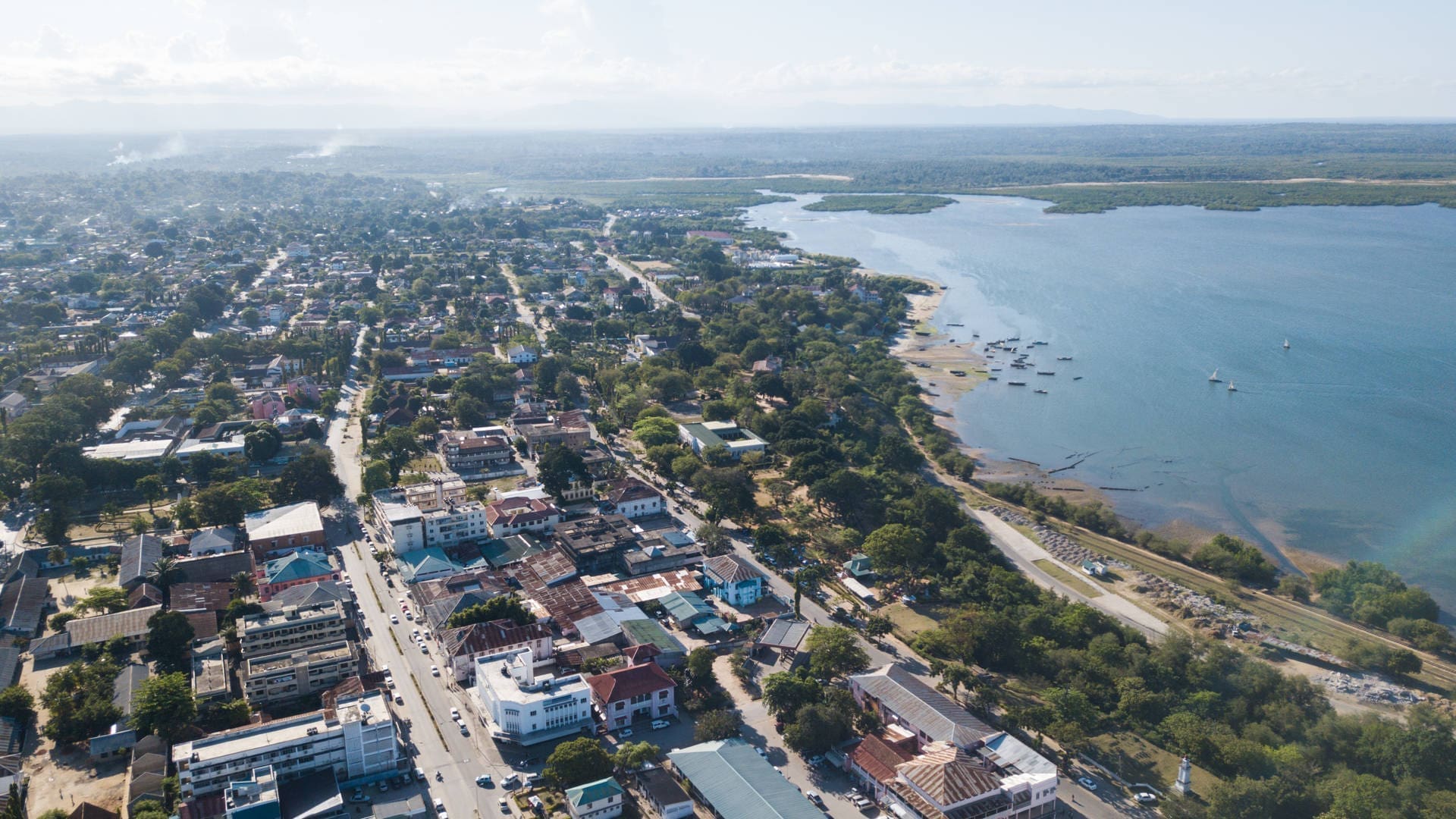
Tanga, located on the coast of Tanzania, is the northernmost seaport town and, with a population of 275,000, one of the largest cities in the country. For centuries, Tanga has been a hub for trade, and this has remained largely unchanged to this day. It’s a true port town! The main exports include coffee, tea, and cotton.
Discover the City
As you walk through the streets of Tanga, the Arab, Persian, Indian, and German influences are palpable at every corner. The town boasts several vibrant vegetable markets and, of course, fresh fish markets. Stroll through these markets and immerse yourself in the urban Tanzanian life. Visit the Urithi Tanga Museum, located in the old boma (a small fort or local government building) of the town, originally constructed by the German colonisers. They used this building as their base of operations during their rule. Alternatively, you can dive deeper into Tanga’s rich history by taking a guided walk through the city with a local guide, learning about the town's fascinating past and diverse cultural influences.
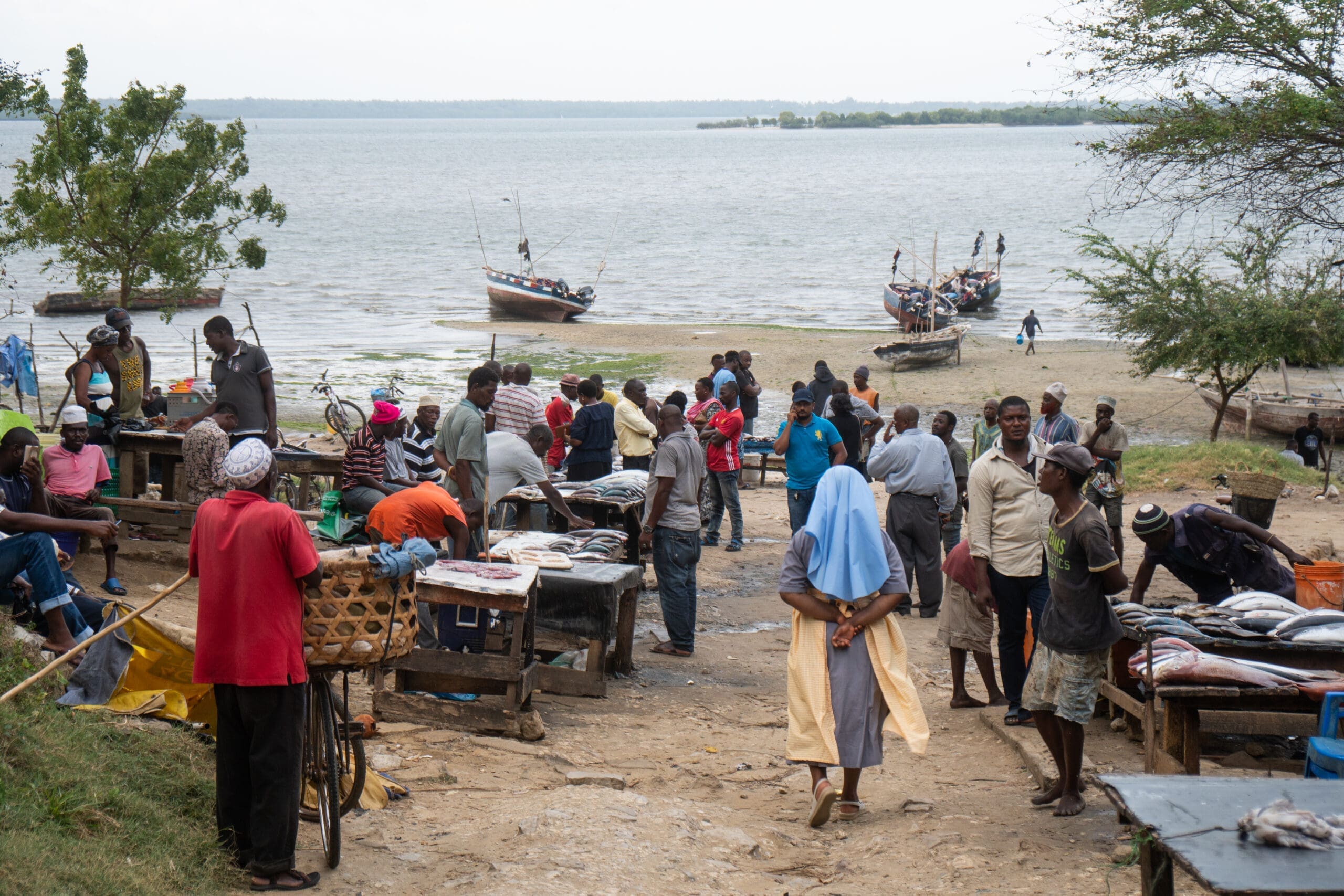
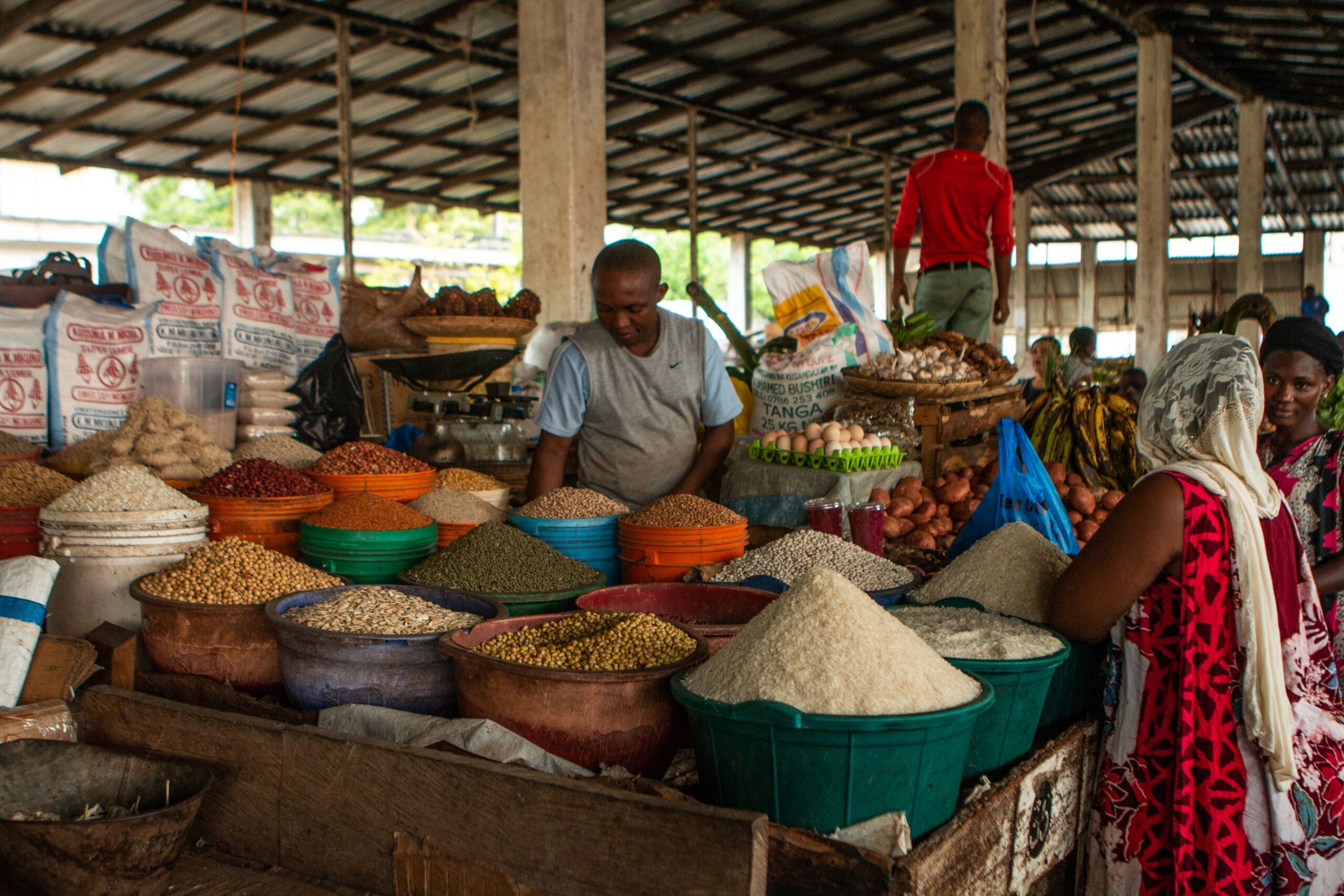
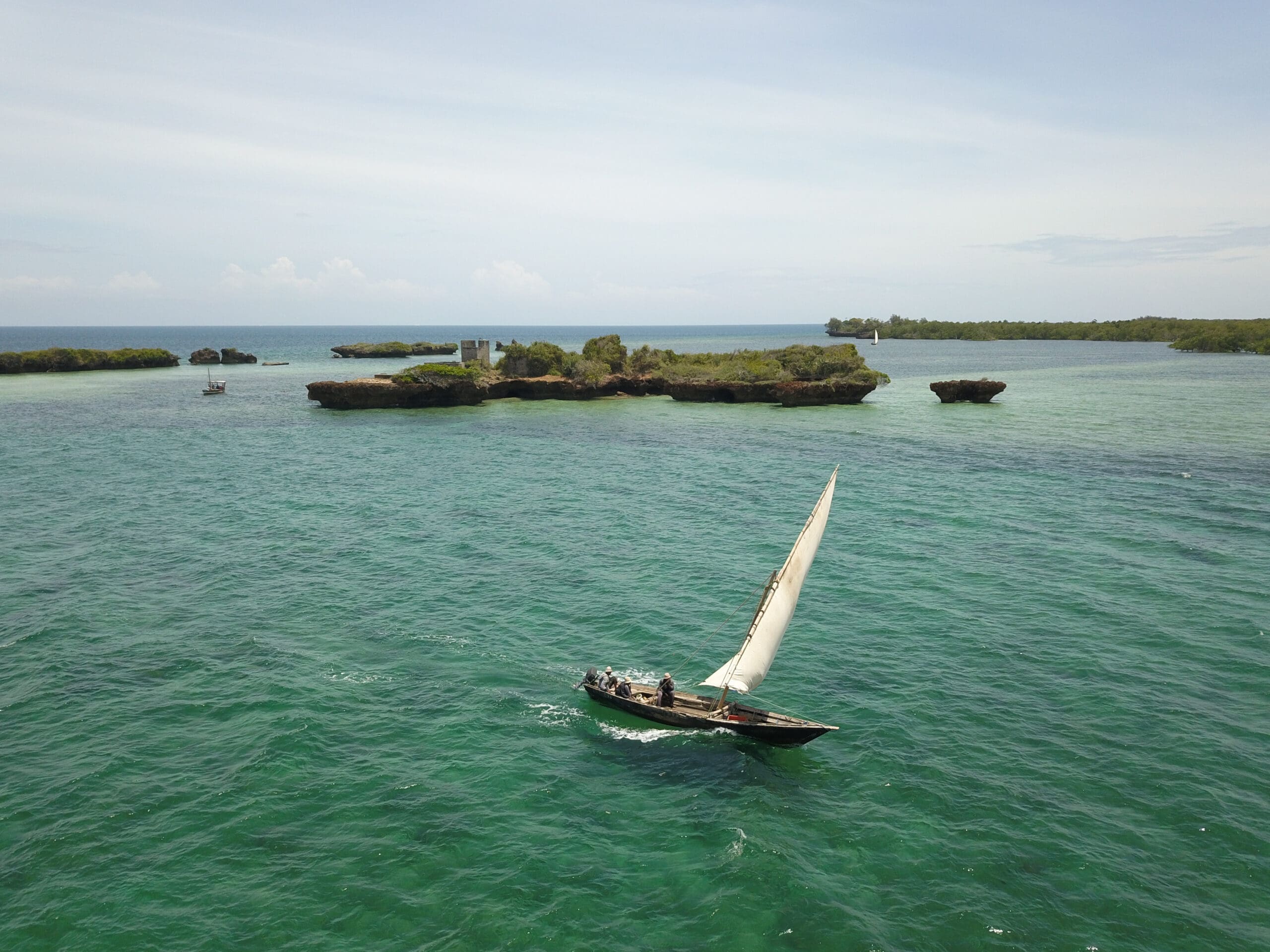
The Urithi Tanga Museum and the city tour
The rich history of Tanga comes to life at the Urithi Tanga Museum, which is definitely worth a visit. The museum is housed in the old boma (a small fort or local government building) of the town, which was established by the German colonisers. They used the building as their base of operations during their rule. After independence, the building stood derelict for many years until it was renovated, and the museum opened its doors in 2009. Museum curator Joel and the other staff members work hard every day to keep the rich history of Tanga alive. The guides here are walking encyclopaedias, knowing much more than what is written on the labels next to the objects, so definitely don’t miss out on a guided tour.
Even better, or as an addition: ask for a city tour. That’s when all the history you’ve just heard really comes to life; the Arab, Persian, Indian, and German influences are still palpable at every corner.
Fresh tilapia and vegetables as far as the eye can see
While you’re exploring the city, you shouldn’t miss the local vegetable and spice market. The smells, colours, and incredible diversity of people make it a wonderful and accessible way to experience urban Tanzanian life. You’ll also find great souvenirs here.
Recommendation: After visiting the vegetable market, head over to the fish market! Tanga is a true harbour town – you could say it’s the Volendam of Tanzania.
Just ask where to go, and you’ll be there in no time. One more tip: pick up some fresh ingredients and prepare your own dinner in the evening by joining one of the cooking workshops available in Tanga, as detailed below.
The Amboni Caves in Kiomoni Village
Eric Verheij is a Dutchman who has been living in Tanga for years, and together with his Tanzanian wife Jennifer, he organises various activities that you can take part in. One of our favourites: a local cooking class with Jennifer, who showed us step by step how to make the perfect pilau, letting us taste everything along the way – and then, of course, allowing us to eat it all!
About eight kilometres north of Tanga lie the Amboni Caves. Definitely worth setting aside an afternoon to explore! The Amboni Caves are the largest limestone cave system in East Africa and are about one hundred and fifty million years old. There are a total of ten caves, but only one of them offers guided tours.
The caves hold great spiritual significance for the people living in the surrounding area. They consider the cave system to be a supernatural phenomenon, home to supernatural forces, often referred to as ‘Mizimu’. In several areas within the caves, there are spots where people worship these higher powers. Some believe that a powerful deity resides in the caves, capable of curing diseases, alleviating (emotional) pain, and enhancing fertility.
The caves are also home to a large number of bats, which fly out at dusk – just as the sun sets.
The Tongoni Ruins
About twenty kilometres from Tanga, you'll find the Tongoni Ruins. If you're already planning to head this way (towards Pangani), it's definitely worth making a pit stop here. The Tongoni Ruins consist of several ancient graves and the remains of a mosque from the fourteenth or fifteenth century. It's hard to imagine now, as Tongoni is a tiny fishing village today, but centuries ago it was a thriving, prosperous place where trade was conducted on a large scale.
Fun fact: Vasco da Gama visited Tongoni multiple times and was particularly fond of the oranges grown here, even claiming they were tastier than the ones back home in Portugal.


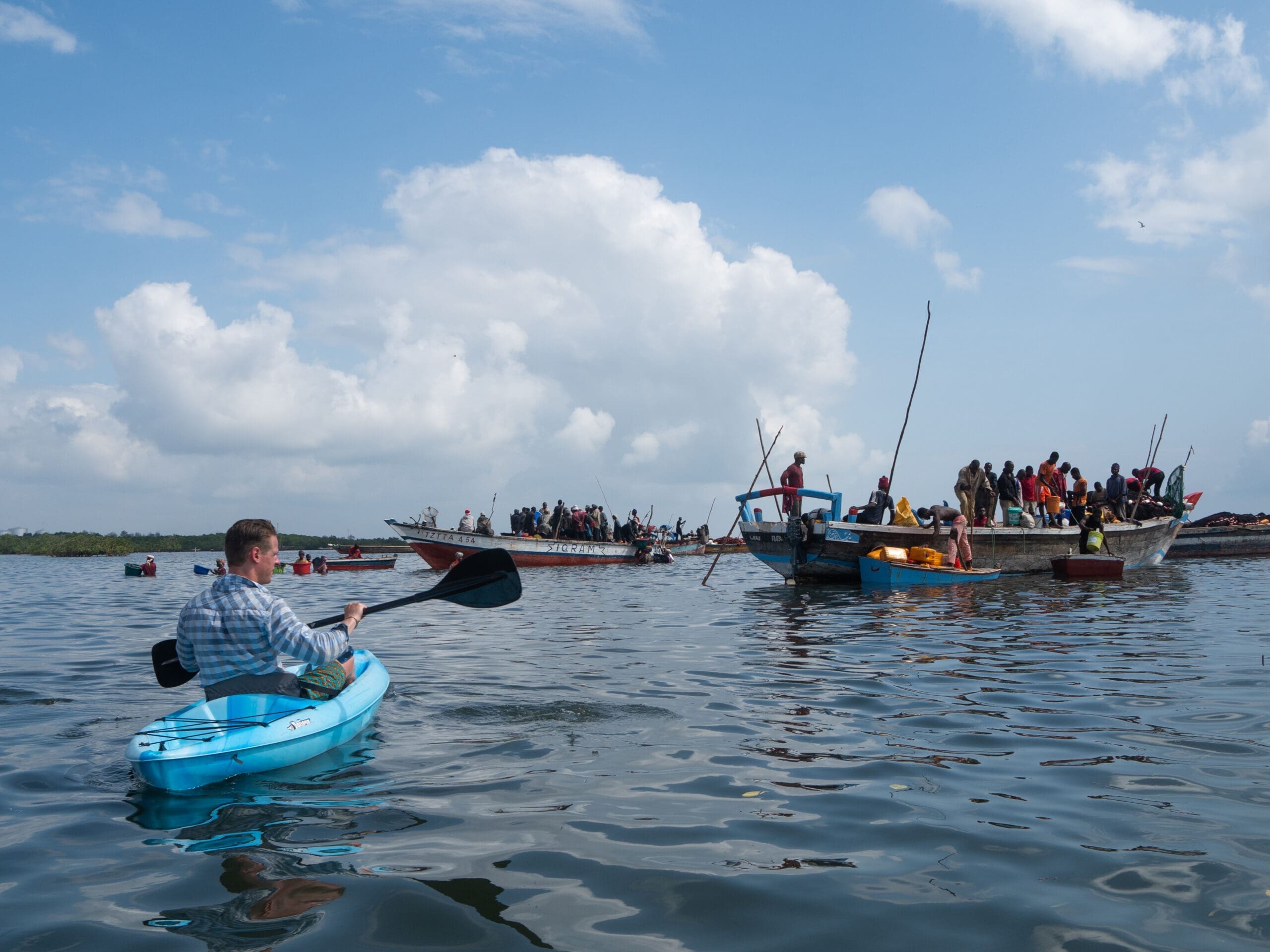
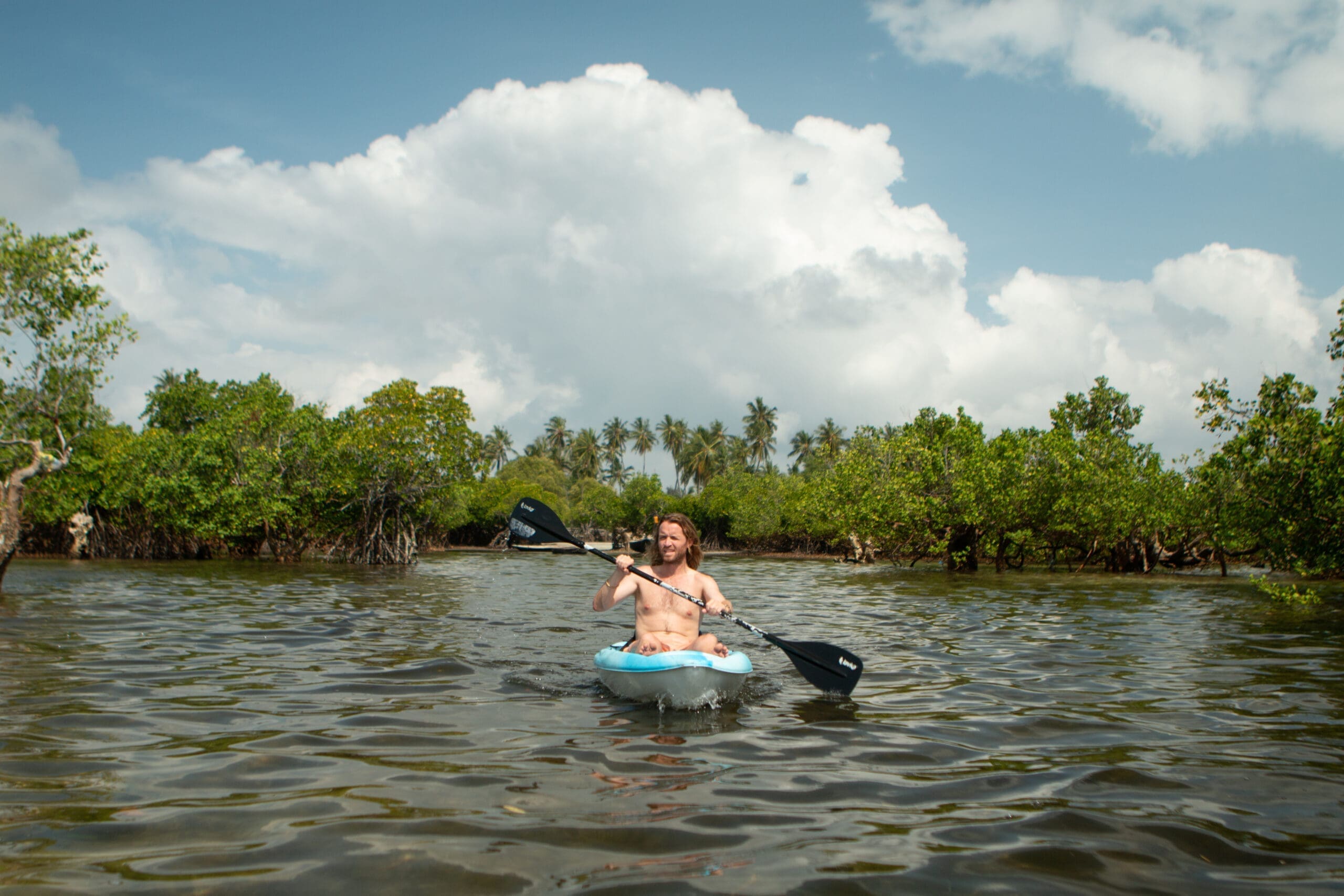
Discover the coast
Just like Pangani, Tanga also has sandbanks and mangroves along its coastline. Sail on a traditional dhow boat to your own private island and explore the underwater world, or kayak through the mangroves where many birds build their nests. Once you’re out of the mangroves, kayak onto the open water, where there’s a lot of activity from the fishing boats returning to Tanga.
Sailing to the sandbanks
The coastline of Tanzania is known for its dhows, and these traditional sailing boats are an important part of Swahili culture. You can’t miss them when you visit Tanga! We highly recommend going on a dhow trip to one of the sandbanks that Tanga has to offer. For a few hours, you’ll have your own private island, before stepping back onto the dhow at the end of the day to sail back to the mainland. Eric can help you organise this activity.
You can watch our vlog on similar dhow trips here. And this is definitely not just a recommendation for anniversary travellers, but also great for families and couples!
Kayaking in the mangroves
Tanga is rich in endangered mangroves: forests that only occur in tropical areas and are often submerged underwater. Mangrove forests are used by fish and birds for breeding, making them important for biodiversity. When the tide is low, you can walk through the forests. However, we much prefer going at high tide, as you can kayak through the area with the help of Eric! From the mangroves, you’ll kayak into the open water (where all the boats dock after a long day of fishing, so there’s plenty of activity), and then step ashore at the fish market. Additionally, mangrove forests absorb more CO2 than regular trees, so they’re also great for the environment.
A relaxing afternoon at the Tanga Yacht Club
This is a great spot to dock after spending a morning at sea! You have access to a small but clean beach (perfect for a relaxing afternoon sunbathing), a bar that also serves as a restaurant offering tasty fish dishes, and comfortable showers. Additionally, this is a place where the local expat community gathers, making it a good way to find out what else is happening around the city.
Roadtrip or islandtrip
Tanga can be used as a stopover point on the way to Pemba, also known as "the smaller brother of Zanzibar," or to the tropical Zanzibar itself. You can also choose to stay on the mainland and take a road trip along the coast towards the undiscovered gem Pangani, about which you can read more here. We will help you plan the perfect route!
Discover more of Tanzania
Or go through all our unique and authentic experiences
Tarangire National Park
The African sunset casting its glow over the diverse landscapes creates a mesmerising effect on the park. Tarangire is truly magical.

Mkomazi
Once inaccessible, this park is now within reach, offering visitors a chance to experience its spectacular wilderness.

The wild north
With a thrilling motorbike safari as the highlight, you’ll discover the wilderness, meet the locals, and be enchanted by unspoilt beauty.
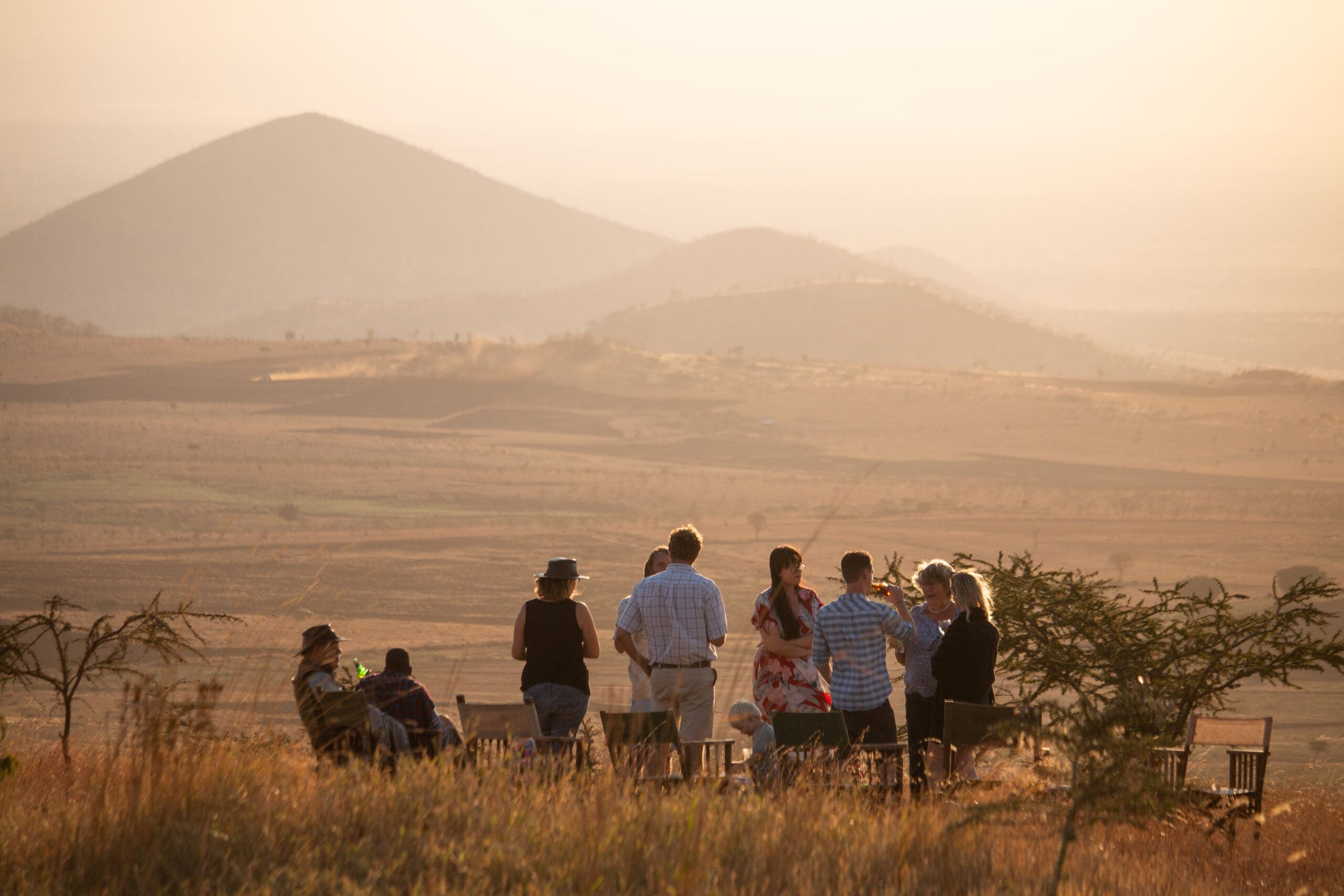

Need travel advice? Ask our Africa experts
Hungry for the unknown? Our Africa experts have answers to your pressing questions.
